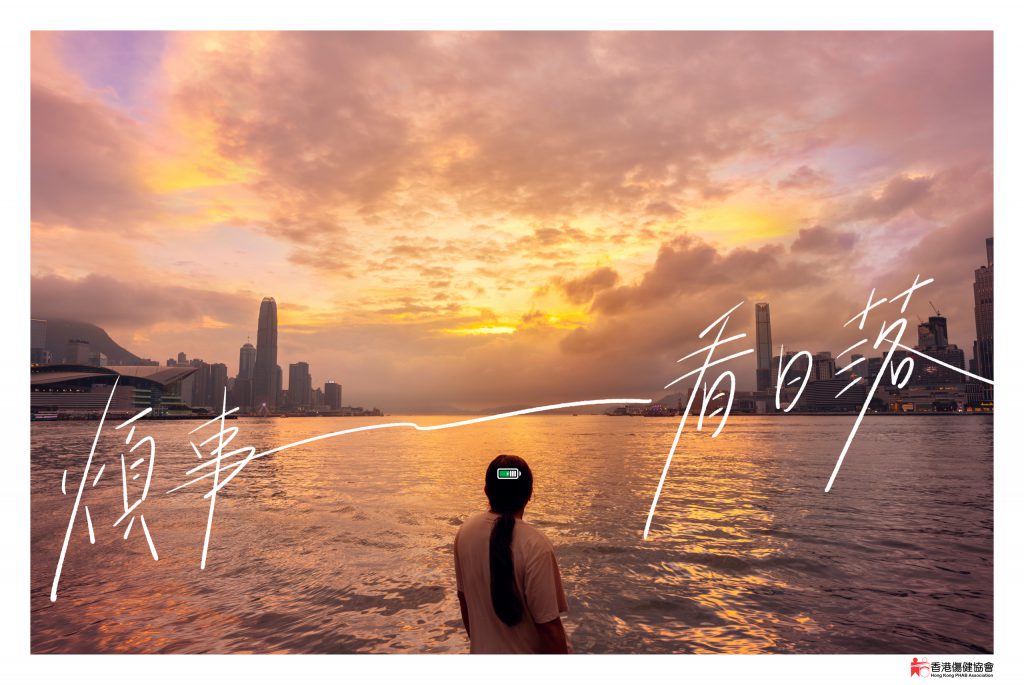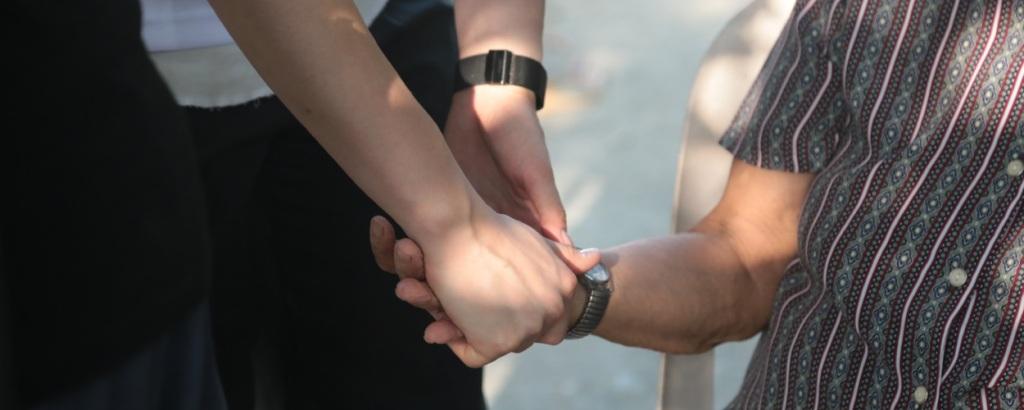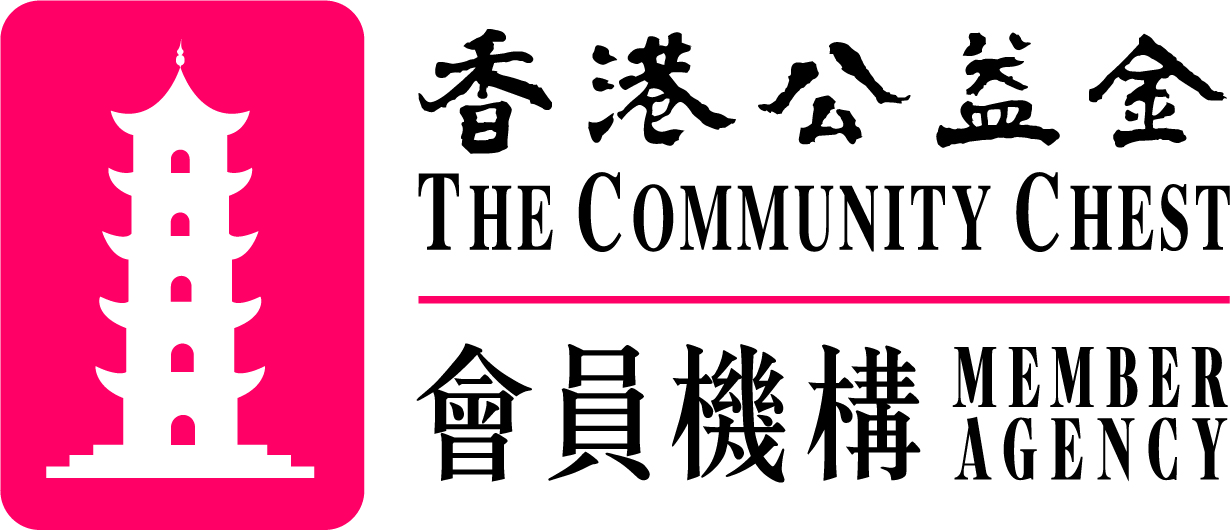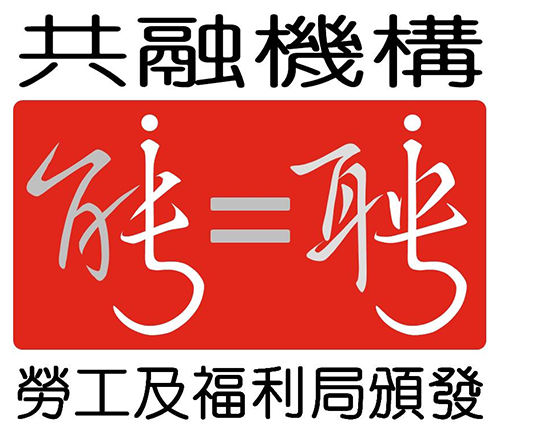
People rarely take the time to look up and appreciate the daily rhythm of sunrise and sunset. Even when we do catch a glimpse, we quickly capture it on social media and then bury ourselves in the demands of everyday life.
However, Joseph has developed an affection for sunsets, making it a weekly ritual to admire their beauty. He believes that "One sunset at a time is more better than having psychotherapy five times!" To him, witnessing sunsets every day ensures a peaceful sleep each night.
Originally from Malaysia, Joseph was a businessman before transitioning to social work upon arriving in Hong Kong twenty years ago. He began studying psychology and, in the past five years, founded a Contemplative Gestalt Approach Centre. While his weekdays are spent providing individual counseling, weekends are dedicated to leading therapy groups.
Since the outbreak of the pandemic in 2020, Joseph adopted a habit of leaving his counseling room whenever he had a moment and immersing himself in nature armed with a camera. There, he captures the interplay of light and shadow, silently observing the transition from day to night. Nature has become his larger counseling room, and it is he who receives the guidance.
"While counseling, I hear so much pain. When you ask how I bear it, I choose to return to the source," he explains. That source is the embrace of nature, where sunlight shines, trees sway, gentle breezes caress, and mountains and seas teem with life—a diverse and inclusive sanctuary. "Pain arises from disconnection and loneliness. In nature, you can rediscover acceptance and interconnectedness."
To bear pain and allow it to flow is a form of healing. Psychological wounds persist because emotions exceed our capacity to endure, freezing the energy of life. Joseph emphasizes, "Human suffering comes not from facing pain but from being unable to express it."
In his view, pain is an inherent part of life, just as light cannot exist without shadows and yin without yang. When photographing in nature, Joseph particularly enjoys capturing leaves illuminated by sunlight. He has come to understand that if leaves reject the light, they remain unseen. However, without shadows, light cannot be revealed. Seemingly contradictory elements coexist and are embraced in nature. "So, if a client tells me they no longer want to experience pain, I would tell them: I can't help you. Because pain is an inevitable part of life, rejecting pain means rejecting a part of life."
He shares a case study of a client who had lived with an anxious father for many years, enduring countless hardships. "One day, she told me that she recently discovered there are so many negative aspects of life. Initially, I was concerned for her, but it turned out she wanted to say that in the past, when faced with negativity, she would either pretend to be positive or get angry. Now, she has the courage to face and confront it. That's growth." Confronting pain, accepting it as a part of life—these are the counselor's greatest aspirations for their clients.
Returning to sunsets, observing the sun slowly descending and facing the darkness might seem melancholic. However, Joseph sees sunsets as the most brilliant moments of the day. Remembering this beauty, even when reality appears bleak, instills him with the confidence to face difficulties and darkness. Joseph, originally from Malaysia, speaks Cantonese with a poetic touch.
He concludes with a poetic statement: watching the sunset gradually fade into the darkness, preserving the brilliance of that moment. It is a testament to the resilience required to face hardships. And so, one sunset at a time, he finds solace and a peaceful sleep each night.
"Dear Myself" Self-care Promotion Campaign: http://phab.hk/dearmyself










